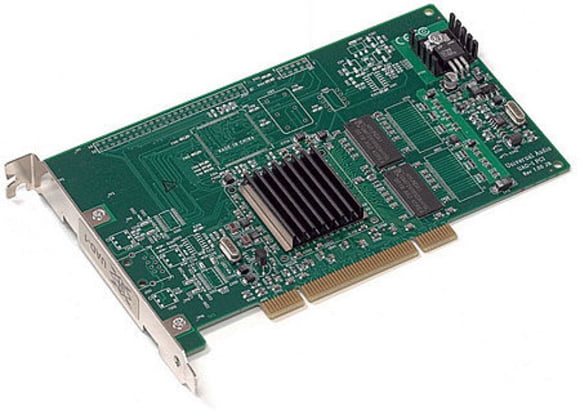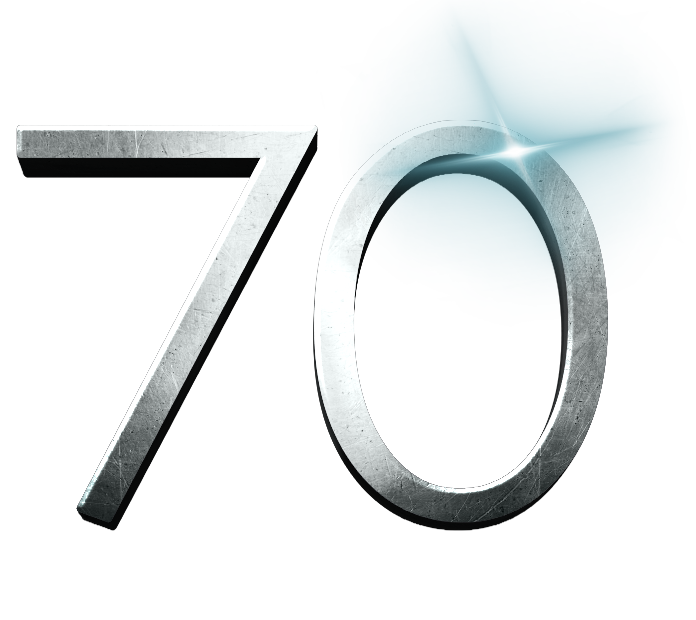5. DSP Issues
As useful as they are, DSP accelerators do have some limitations of their own - they have finite power and can only run a certain amount of plug-ins themselves. If your computer is starting to become sluggish and you want to run more host-based plug-ins, then a CPU upgrade or additional RAM could allow you to access many more instances. And if like most people, you tend to upgrade your computer over time as a matter of course, then the power of your host-based studio will increase with those upgrades, but a DSP accelerator wont benefit from any improvements to the computer. Something else to be aware of is that the number of plug-ins you can run simultaneously tends to be quite low by comparison with host-based effects. The TC Electronic Powercore PCI MkII for instance has four DSP chips onboard, and although stunning, the Access Virus synth plug-in needs an entire DSP chip to itself. You are more likely therefore to use DSP plug-ins in the manner that you would an external effects processor on aux busses and groups of tracks, rather than what has become the norm with host-based effects, which is to insert as many as you can on individual tracks for maximum flexibility. If you have the budget however, in many cases you can run multiple DSP accelerators and get all the benefits of both approaches!

Other issues that should be considered are installation and signal latency: Internal DSP cards tend to require a wide bandwidth of data access as they need to route audio to and from the computer at very high speed, something that internal soundcards also need to do. The priorities of these two demanding pieces of hardware can sometimes clash, making it difficult to run them side by side, although the recent development of external FireWire based DSP accelerators has eased this problem quite considerably.
Latency can become a problem because digital audio has to be physically routed through another piece of hardware. If you have two identical tracks with one going through a host effect, and the other going through a DSP effect, you may find that the DSP track lags a few milliseconds behind. Most DAW software provides latency compensation to prevent this from happening, but this in itself adds a little latency to your whole system, which while manageable, is not especially welcome.
The last factor is the proprietary nature of the hardware. As mentioned previously, software plug-ins must be written expressly for each DSP accelerator format, and so the choice is quite limited by comparison with the large range of host-based effects available today. The specific plug-ins you want to run will have a direct effect upon which DSP accelerator you choose and the effect you want may not be available in any DSP format at all. Further, if the manufacturer discontinues their product, then you may find that new plug-in releases dry up, and as computers and operating systems evolve, you may find your system becomes incompatible with your DSP accelerator, although the newer external devices will probably have a much longer life. Note that although DSP accelerators do not use host-based plug-ins in the standard formats such as VST, AU and RTAS, they do use these formats in order to interface with your DAW make sure that your chosen model is compatible.
Having said all the above, it should be remembered that when compared to the advantages of high quality and guaranteed performance, the issues described are very small, and are certainly not intended to put you off DSP accelerators altogether!
Din kontakt
Produkthighlights
Tilbud
-
DSP audio-systemer






